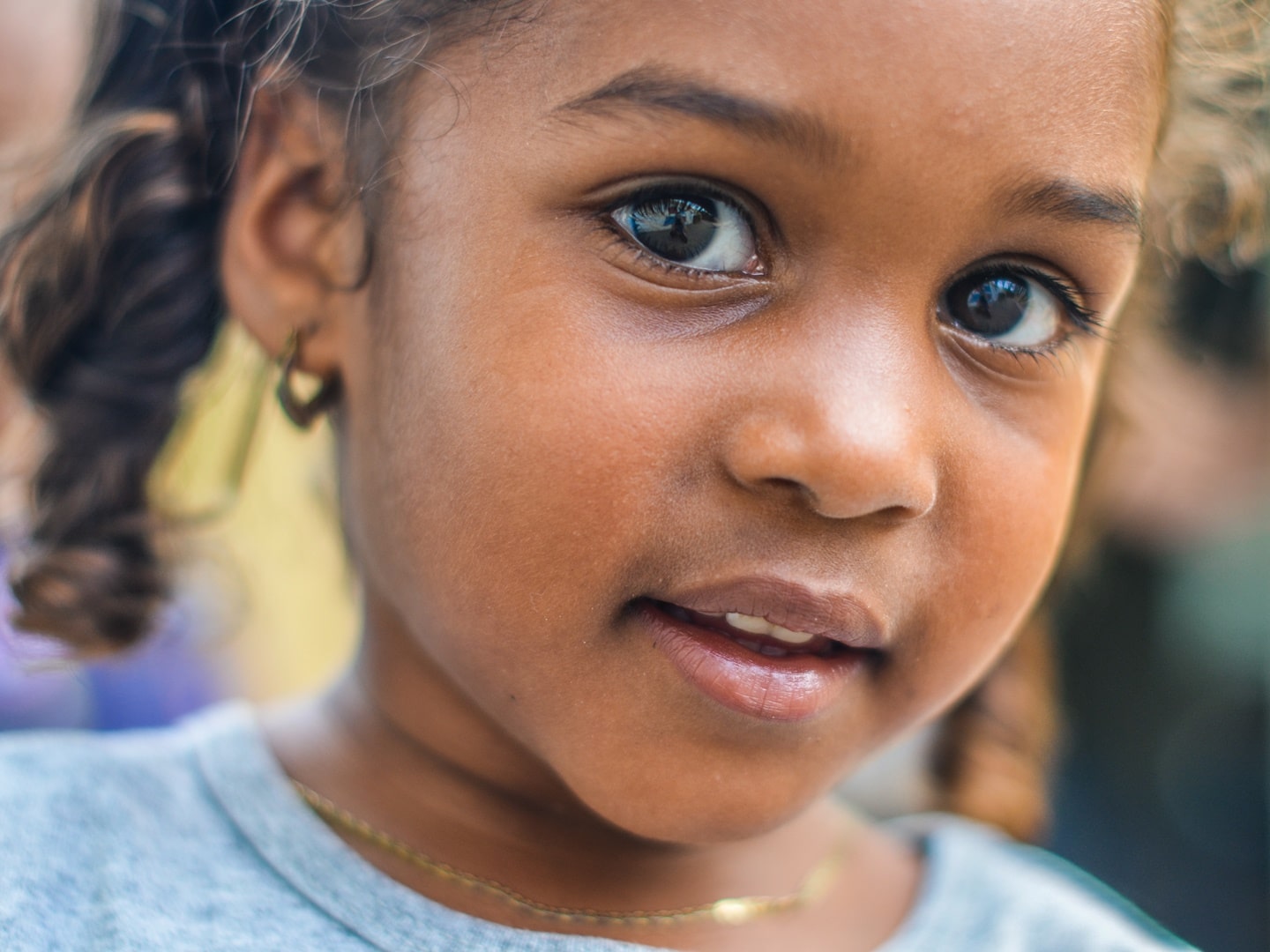We need coordinated commitment, effort and action on the intersecting issues and challenges identified in this report. This can turn back the tide of poverty, and offer security for the many people experiencing hardship across the UK. – JRF: 2022 UK Poverty
It’s been almost two years and three lockdowns since Covid-19 crashed headfirst into our sense of normality. Pandemic life has been difficult for everyone (for different reasons) and whilst there has been some good – in particular, the way the working world has shifted to a remote-working culture that allows parents more flexibility and family-focus in their routines – there is also a dark side. Bereavement, illness, isolation, loss of income and the resulting anxiety, frustration and fear has had a negative impact on both mental and physical health, and whilst there is talk of “endemic”; the threat of an imminent and deepening cost of living crisis is a burgeoning storm on the horizon.

For those working to reduce the impact of poverty, there is a very real concern that inflation, which reached a 30-year high in December, 2021, will push those living in poverty (or on the brink) into deep(er) poverty and thus further out of reach of budget-challenged support services. At Kids Matter, our greatest heartache is that families and children experiencing hardship might fall through the gap—unseen.
The Joseph Rowntree Foundation (JRF) has compiled an extensive Poverty Report that looks comprehensively at trends in poverty across all its characteristics and impacts over the last couple of years, with the ultimate goal of galvanising a coordinated effort to turn back the tide of poverty in the UK. The headline story according to the latest data is that more than 1 in 5 of the UK’s population (22%) is living in poverty—that’s 14.5 million people, of which 4.3 million are children. Of these 4.3 million children, 1.8 million are living in deep poverty.
Looking at even deeper forms of poverty, more than a million UK households experienced destitution at some point in 2019. These households contained 2.4 million people, including 550,000 children.
No childhood should be defined by poverty and yet the need is severe.
What is deep poverty? People in deep poverty are likely to find it difficult to: adequately heat their homes, feed their family and provide the most basic items like clothing and furniture. There is evidence that negative consequences are worse for families the longer they spend, and the deeper they are, in poverty. JRF writes:
Something that is difficult to imagine without experiencing it is how relentless poverty is; how you’re so utterly consumed by financial hardship that it affects every decision you make on a daily basis. Though the numbers tell us a great deal about the situation of poverty in the UK, this is a story that cannot be told solely through graphs and charts. Nobody in our society should have to experience the looming sense of dread as you consider whether to put the heating on and what you will have to go without if you do. When you live in poverty, the options available to you are severely reduced.
This is the need. A literal, physical need for basic human necessities: food, clothing, warmth.
Children in poverty are the most likely to be suffering from food insecurity, which is not only about not having enough food but not having food that is nutritious; that meets dietary needs and food preferences for an active and healthy life. For children, severe food insecurity has been linked to chronic health conditions like asthma and depression. A diet lacking in calories, protein, vitamins and minerals will impede a child’s physical, cognitive and emotional development. Adults in food-insecure households have higher rates of developing chronic diseases such as arthritis, asthma, diabetes and mental health issues, as well as lower life expectancy.
The experience of living in poverty is debilitating—physically , yes, but on an emotional, psychological level too. Members of our communities are fighting every day against the strong currents that keep them down, and then also parenting in the midst of all the poverty-related stress.
Our mission, at Kids Matter, is to equip mums, dads and carers with the tools (confidence, competence, community) to build strong families even though they might wake up each and every day enveloped in uncertainty, fear, shame, depression and frustration. We cannot wait for 14.5 million people to no longer be living in poverty before we rally alongside one another in our efforts to raise children who will flourish in life.
Kids Matter engages local churches to use our relational, evidence informed programmes for families of all faiths and none in their communities. We train peer facilitators from the churches who make long term commitments to support families in communities across our country, with a hope to see every child in need raised in a strong family.
To get involved, as a volunteer or by financially supporting our programme, please contact us at info@kidsmatter.org.uk.